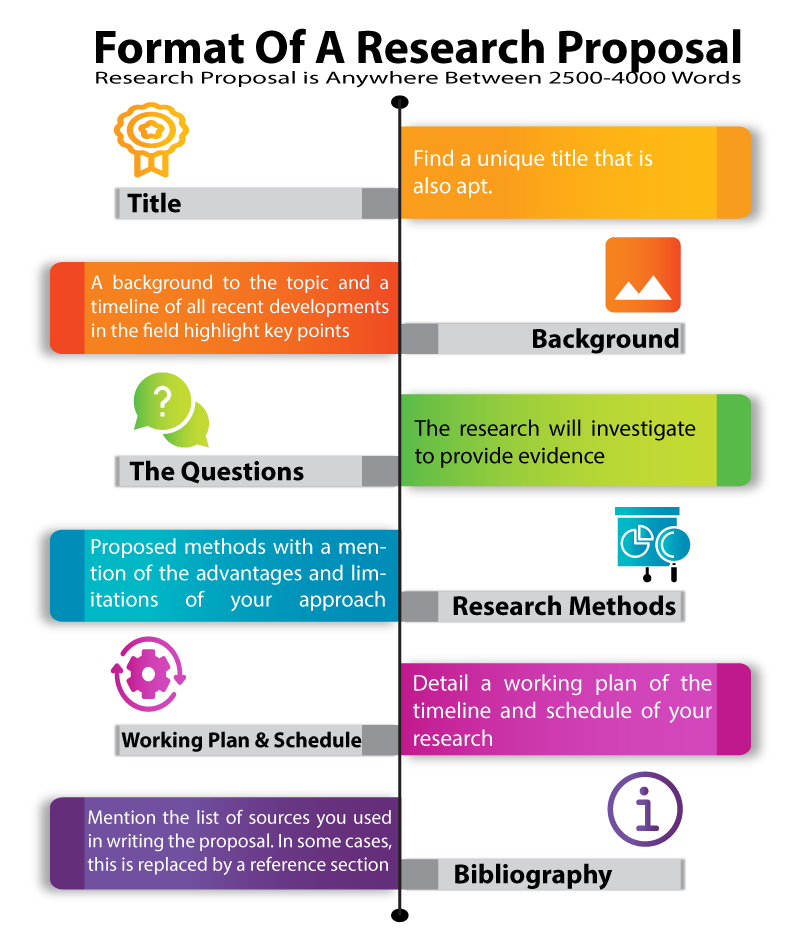Introduction
Have you ever applied overseas and become confused between a research proposal and a study plan? You’re not by yourself. As more students throughout the world apply for scholarships, admissions, and visas in 2025, understanding the distinction between these two papers will help you avoid having your application rejected or, worse, being completely disregarded.
What is a Study Plan?
A study plan is your personal roadmap. Think of it as a letter to the admission board explaining who you are, what you want to study, and how that degree fits into your future. It’s your story.
Definition and Core Purpose
It outlines your educational background, current ambitions, reasons for choosing the university and course, and what you hope to achieve.
Also check, University of Manchester Scholarships 2026 Application Process: Apply Now and Secure a Bright Start
Also check, University of New South Wales Scholarships 2026 (UNSW) in Australia: Fully Funded, Apply Now
-
Academic Goals: What are you aiming to learn?
-
Choice of Course & University: Why this school? Why this program?
-
Career Ambitions: What do you want to do after graduating?
When and Where It’s Required
You’ll need it mainly for undergraduate and taught master’s programs, especially in scholarship applications like the Korean Government Scholarship.
What is a Research Proposal?
A research proposal, on the other hand, is all about ideas, data, and discovery. It’s used in research-intensive programs like MPhils, PhDs, and some thesis-based master’s.
Definition and Significance
This is a detailed description of your intended research project, showing that you know what you want to explore and how.
Elements of a Research Proposal
-
Title and Background: What’s your topic, and why is it important?
-
Problem Statement: What gap are you trying to fill?
-
Objectives & Methodology: How will you conduct the research?
Where It’s Needed
Mostly for PhDs or research-focused master’s programs like Erasmus Mundus Joint Doctorates.
Key Differences Between Study Plan and Research Proposal
| Feature | Study Plan | Research Proposal |
|---|---|---|
| Purpose | Show motivation & goals | Propose academic research |
| Target Level | Undergrad, Taught Masters | Research Masters, PhD |
| Content Focus | Personal & academic goals | Methodology, topic, literature |
| Length | 1–2 pages | 5–15 pages |
| Style | Informal, narrative | Formal, academic |
Common Mistakes Students Make
-
Mixing up both documents entirely
-
Copying from templates without editing
-
Writing too generally without showing passion
Tips to Write an Outstanding Study Plan
-
Start with your story – where you’re coming from.
-
Link your past studies to your future goals.
-
Mention the specific university and course.
-
Don’t forget your post-study plans (scholarship reviewers love this!).
Tips to Write a Winning Research Proposal
-
Choose a specific research question.
-
Review current literature in the field.
-
Show how your work fills a gap.
-
Make your methodology clear and feasible.
Which One Do You Need for Your 2025 Application?
-
Bachelors & taught master’s? You need a study plan.
-
Thesis-based masters & PhDs? You need a research proposal.
-
Scholarship applications? Follow the sponsor’s guidelines!
For instance, DAAD requires both depending on the program.
Real Examples From Top Universities
-
Study Plan Example: DAAD Master’s in Germany
-
Research Proposal Example: Commonwealth PhD in UK
Templates and Writing Resources
-
AI Writing Tools – Grammarly, Zotero for citations
Why This Difference Matters in 2025
With AI-generated applications and global competition, clarity and authenticity are king. Submitting the wrong document can lead to outright disqualification.
Expert Opinions and Advice
“A study plan is like a personal pitch. A research proposal is a formal academic plan. Don’t confuse them.”
— Dr. Lydia Owens, Admissions Officer at a Canadian University

Conclusion
Understanding the difference between a study plan and a research proposal is one of the smartest moves you can make in your 2025 application journey. Whether you’re applying for a bachelor’s, master’s, or PhD, having the right document can be the key to unlocking that dream university or scholarship.
So, take your time, craft each document with care, and remember—admissions teams can tell the difference.
FAQs
1. What happens if I submit the wrong document?
You risk disqualification or your application being ignored entirely. Always read the guidelines of the university or scholarship.
2. Can I use the same study plan for multiple universities?
You can, but it’s better to tailor each plan. Mention the specific program and how it fits your goals.
3. Do I need a research proposal for a taught master’s?
Not usually. Taught programs typically ask for a study plan, but always double-check.
4. What tools can help me write a good research proposal?
Try Grammarly for tone and grammar, Zotero for citations, and Google Scholar for sources.
5. Can AI tools help me write these documents?
They can help outline and edit, but avoid letting AI write everything. Keep your writing personal and original!
Let me know if you want this blog post turned into a downloadable PDF or want a featured image with it!
Receive Scholarship Updates through our Social Media Channels:
- Instagram: Scholarships
- Facebook: Scholarship







